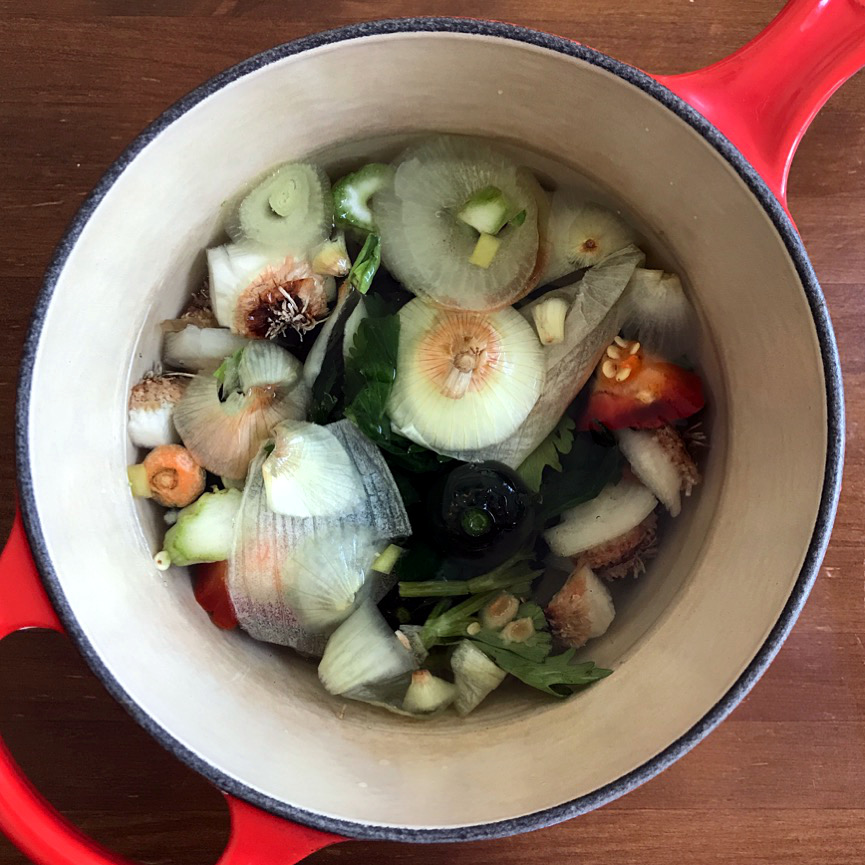Here’s how my mornings usually go: I’m late to my lecture. I rush to the tube station. The train is packed with other students. I squeeze in, balancing my coffee and textbooks. The train unexpectedly stops between stations, announcing a delay. I glance at the other students, and they glance back, silently acknowledging the shared struggle of London’s transport system. It’s moments like these that make being a university student in London both challenging and exciting!
Why is sustainability so important?
Sustainability is so important in student life. It’s about making choices that benefit us and the planet we live on. Using public transport, sustainable fashion and food choices are some ways that we as students can embrace sustainable practices.
Embracing sustainability will ensure a future for all, reduce energy usage, create a healthy habitat and improve societal impact (BluGlacier, 2021). As university students, we can make simple choices to live a sustainable lifestyle and have it still be enjoyable. From using public transportation, to using sustainable products, to choosing sustainable food and drinks, you as a student are contributing to a better world!
We all play a big role in making a difference. Each person individually holds the power to create positive change in their own unique way. Students can participate in initiatives and projects that promote sustainability. Volunteering, joining student organisations and organising campaigns are some ways you can take action towards a better world. Or even simply raising awareness can inspire action and spread positivity.
Going green on campus
It’s been a year since I’ve been more aware of my choices and how to adjust them to become more sustainable. I started by using public or active transport rather than Uber – this also saves a lot of money! Transport accounted for 34% of the UK’s carbon dioxide emissions in 2022 (TfL Community Team, 2023). It has a massive impact. There are so many alternatives that can help reduce this number. And so many personal benefits too. Now that I started walking, I get to begin my day with some light exercise, which improves my focus and productivity for the rest of my day at university. You can also start cycling too.
Besides using public and active transportation, there are many other ways to become more eco-friendly. Start paying attention to the different sections of the bins – make sure you’re putting everything in the right place! Normally they have different sections that you should put different materials in: items like plastic bottles will go in the green section.
Other ways to go green include saving energy – turn off your lights and unplug any electronics when you’re not using them. During the day, just use the natural light instead of having your lights on. Take shorter showers and turn the water off between the times that you’re not using it. Turn the tap off while you’re brushing your teeth. Change your disposable plastic bottles to refillable ones. Get rid of those unnecessary bad habits.
Fashion’s journey towards sustainability
Fashion is responsible for 20% of global industrial water pollution (Marshall, 2022), so it’s really important to incorporate sustainability into your fashion choices. To ensure your wardrobe is as sustainable as possible, make sure you know you’re going to wear what you’re buying. Is it for one occasion only or do you see yourself wearing it at least 30 times? Do you really need it? If the clothes you’re buying is intended for one occasion only, why not try renting instead?
Research into the brands you’re supporting. Purchase from the ones that practice sustainability. Shop second-hand. There are so many thrift shops in London – make the most of them! Buying second-hand clothing is a great way to be sustainable. As a student in London, I know it’s important to stay conscious of your spending, and thrifting is a good way to save some money (my personal favourite store is Rokit in Covent Garden). Also, make sure to take care of your clothes so that they last longer. Try not to over-wash them and repair them if they get damaged. And if you’re done with them, re-sell them or donate them instead of throwing them out.
Embracing sustainable eating habits
By choosing sustainable food and drink options, you’d be protecting the environment by reducing greenhouse gas emissions, preserving biodiversity and conserving natural resources. It also promotes better animal welfare and supports local farmers. Eating sustainable food products can also improve our own health.
So, how do you make sustainable food choices? The easiest way to do this as a student is by reducing your food waste. This means planning your meals around what you have – get creative with it! Use up all the scraps in your kitchen to make sure nothing goes to waste. There are so many ideas you can find online to inspire you to make sure you’re making the most of your ingredients.

Also, try to buy local seasonal foods – for example, you can try to avoid fruits like strawberries until British summer time to ensure that it won’t need to be flown overseas (Lewis, 2021). With that being said, try to support the restaurants with seasonal menus that rotate with what’s available.
Sustainability on campus
At the University of Westminster, there is a student group that researches and supports sustainability. They organise collaborative events and consolidate research networks for developing multidisciplinary projects. The university also has a sustainable development mission which you can get involved in too. The operations focus on water, energy, waste, carbon emissions, biodiversity and more. Here are some things that the sustainability team have achieved:
- Nine years of 100% renewable energy procurement
- Reduced carbon emissions by 43% in 2020
- Solar thermal system installed in Harrow Halls in 2021
- Hedgehog Friendly Campus silver award in 2022
- Food For Life Served Here bronze accreditation in 2023
Taking small steps towards sustainability can have a big impact on our planet and towards our future. By making choices like reducing food waste, thrifting clothes and using public transportation, we can create a brighter and greener future together. A small change goes a long way!
References
Allen, G. and Muir, E. (2023) London’s 9 Best Thrift Stores for second-hand gems, Time Out London. Available at: https://www.timeout.com/london/shopping/londons-nine-best-thrift-stores
BluGlacier (2021) Why is sustainability important?: Bluglacier – top-quality salmon producer, BluGlacier. Available at: https://bluglacier.com/why-is-sustainability-important/
Bonneau, A.-M. (2018) 15 creative ways to use all the food scraps – zero-waste chef, Zero. Available at: https://zerowastechef.com/2018/05/02/15-creative-uses-food-scraps/
Chan, E. (2021) What does sustainable fashion actually mean?, Vogue India. Available at: https://www.vogue.in/fashion/content/vogues-ultimate-guide-to-sustainable-fashion
External Works (2012) Recycling Bins Keep waltham forest open spaces clean, Amberol. Available at: https://www.externalworksindex.co.uk/entry/132373/Amberol/Recycling-bins-keep-Waltham-Forest-open-spaces-clean/
Lewis, A. (2021) Sustainable Food Practices: Choices & Importance, The Hub | High Speed Training. Available at: https://www.highspeedtraining.co.uk/hub/what-is-food-sustainability/#:~:text=Sustainable%20farming%20choices%20ensure%20a,good%20employment%20and%20community%20support.
Marshall, D. (2022a) What is Sustainable Fashion and why is it so important, IMMAGO. Available at: https://immago.com/sustainable-fashion-important/
TfL Community Team (2023) Eco-friendly ways to get around London, Experience London blog. Available at: https://londonblog.tfl.gov.uk/2023/09/22/green-travel-london/#:~:text=Jump%20on%20your%20bike%20and,that%20stretch%20across%20the%20city.&text=London%20now%20has%20the%20largest,the%20fleet%20are%20zero%2Demission.
